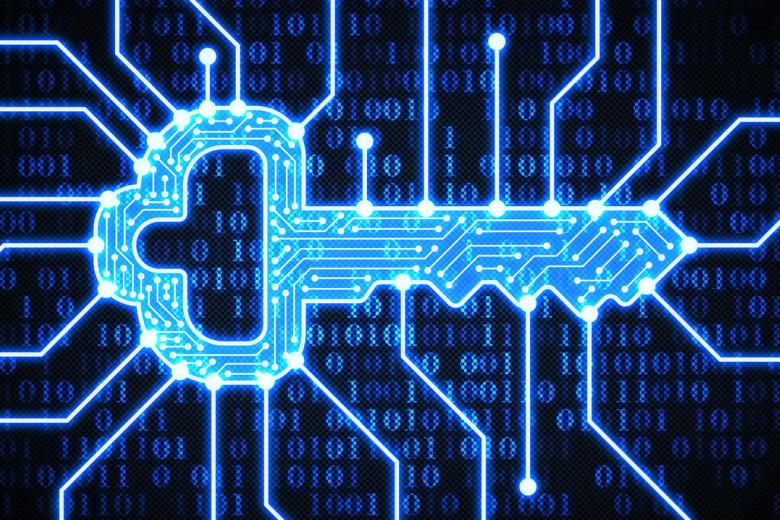Scientific Integrity
FHML and Maastricht UMC+ (MUMC+) consider scientific integrity as a core value and have a longstanding commitment to ensure that it is embedded in their research culture and activity. In order to guarantee the independent and meticulous execution of research, a Research Code Maastricht UMC+ was developed which is in line with the Netherlands Code of Conduct for Research Integrity and the UM Integrity Code of Conduct.
Research Code Maastricht UMC+
The Research Code Maastricht UMC+ states that all persons at FHML/Maastricht UMC+ involved in research, be they staff, technicians, PhD students, bachelor/master students or visitors, are expected to maintain the highest standards of integrity in all aspects of their research. Moreover, the Research Code Maastricht UMC+ provides those involved in research with a clear description of the rules for ethical and socially responsible conduct in scientific research. Every person involved in research who will receive their contract from the Human Resources department is informed about the existence of the Research Code Maastricht UMC+.
Aspects of scientific integrity
A list of issues related to scientific integrity which includes information on what to do and links to available websites/tools.
Platform Scientific Integrity
FHML and the MUMC+ installed the Platform Scientific Integrity to create a culture of awareness regarding scientific integrity. Moreover, the goal is to create an approachable and safe environment in which the topic scientific integrity is discussible.
Blog series on scientific integrity
Data practices and data management
From the moment you plan your experiment all the way to the endpoint of analysing your results and writing them down, you should always have data management in mind. Find out how to use the FAIR principles of Findability, Accessibility, Interoperability and Reusability in data management, data storage, and sharing of data.

Scientific integrity training
When it comes to scientific integrity, obvious misconducts such as data fabrication or fraud easily come to mind. But in daily practice, researchers may engage in more subtle research misbehaviours without even knowing it. To tackle questionable research practices, FHML/Maastricht UMC+ provides training in research integrity. Learn more about the in-depth scientific integrity training in this blog.

Conflicts of interest
Scientific integrity is of the utmost importance at Maastricht University. Conflicts of interest may violate scientific integrity. What are conflicts of interest, how do you know if you are in a (potential) conflict of interest, and how to address them? Learn all about it by reading this blog with some illustrative examples and advice on how to control your bias.

Integrity breaches
Most researchers adhere to the many criteria their own research fields uphold for good science. But where people work, people make mistakes. What do you need to do when things go wrong, and who can you turn to for help? This blog discusses the tools created by the PSI to be used in case of a breach of research integrity.
